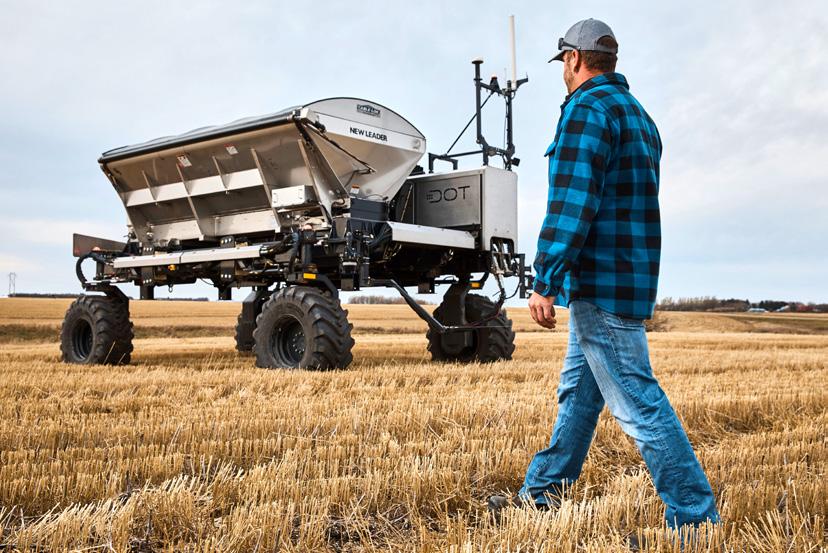INVESTING CHECKOFF DOLLARS
SOYBEAN GROUPS SUPPORT FARMER WELL-BEING
U
ncertainty is taking a toll on the mental health of farmers in the U.S.
With plummeting farm income, low commodity prices and high input costs, stress is front and center for farmers and farm families. Current challenges remind many of those faced in the 1980s. Add in a global pandemic and, for some, it may feel like the walls are closing in.
FARMER STRESS IS GROWING There’s often a stigma around mental health, especially in the farming community. But mental health isn’t just a mental illness. It includes our entire mental well-being: how we behave, think and feel. Mental health concerns include severe stress, pervasive worry, lack of sleep and loss of connection. When difficulties begin to impact daily life, they move toward more dangerous issues such as crippling anxiety, self-harm or even suicidal ideation. “As farmers, we are all faced with varying levels of anxiety resulting from a host of concerns — the coronavirus pandemic, weather issues, China trade problems and other farm stressors,” said Kevin Scott, soybean farmer from South Dakota and chair of the American Soybean Association C-19 Task Force. According to the U.S. Centers for Disease Control and Prevention, research shows farmers experience comparatively higher levels of distress and depression than the general population, including a suicide rate that is 1.5 times higher than the national average. Additionally, they are often less likely to seek help for mental health 10
concerns. Adding to the stress, farming is one of the most dangerous occupations; in fact, it’s comparable to mining as one of the leading most dangerous occupations. Row crop farmers generally face many of their daily challenges and tasks solo. They often work long hours and may have limited social interaction throughout their days. Even though farmers may be chatting in the cab or talking shop at the diner, their daily conversations aren’t usually about how they’re coping with the stresses of farm life. With the dangerous work of farmers — long days, heavy equipment — mental health becomes even more high stakes. “Stress levels have crept up out there in farm communities for some time now,” said Scott. “But knowing there are compounding issues out there and knowing how to talk about them and work to reduce them are two different things.”
HELP IS AVAILABLE TO FARMERS Farmer mental health is a top priority of organizations who support farmers. A thriving farm is nothing without a healthy farmer. ASA, your soy checkoff and state soybean affiliates want all farmers to be healthy and to understand help is always there when needed. These organizations have teamed up to launch a joint campaign offering tips, warning signs and resources to help farmers take control of their mental health while facing new challenges related to COVID-19 in addition to farm hardships. Farmers are famously private. And yet, it’s important they seek help for their emotional Winter Issue 2020
SDSL











